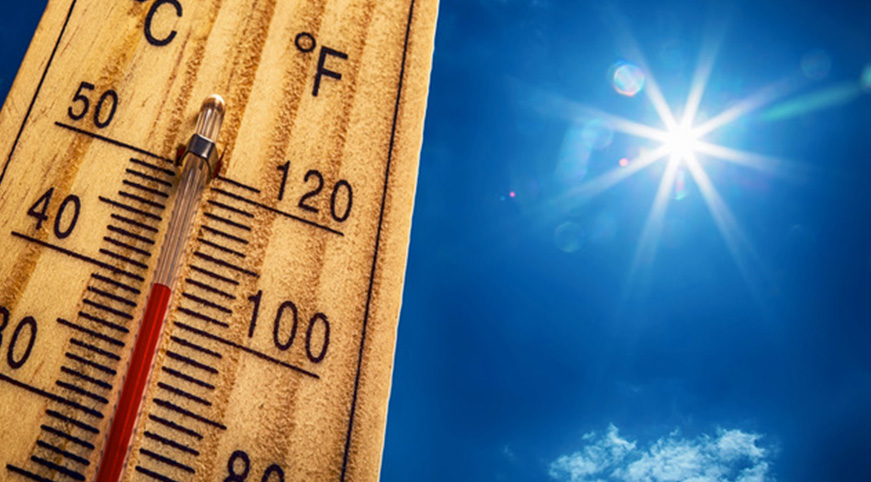According to the CDC, approximately 700 people succumb to extreme heat each year1. Dr. Eugene Park, an emergency department physician at CHA Hollywood Presbyterian Medical Center, warns of the risk of exposure to extreme heat and shares symptoms, treatment, and prevention tips for heat-related illnesses.
What is heat-related illness?
Heat-related illness is a spectrum of illness caused by prolonged exposure to high temperatures. Two terms that should not be used interchangeably are heat exhaustion and heat stroke, which are explained below:
What’s the difference between heat exhaustion and heat stroke?
The body sweats to regulate its temperature; with prolonged heat exposure, excess sweating may lead to dehydration and salt loss. At this stage, symptoms of heat exhaustion may develop including fatigue, dizziness, nausea, vomiting, and cramps. It is important to remove oneself from the heat, by either retreating indoors or staying under shade, and slowly replenishing both water and electrolytes.
Unlike heat exhaustion, heat stroke is a true emergency. At this stage, the body loses its ability to thermoregulate and core temperature increases, sweating may cease, and neurologic dysfunction occurs with symptoms of confusion, delirium, seizures, and slurred speech. Patients experiencing these symptoms should seek immediate care in the emergency room.
How dangerous is heat stroke?
Heat stroke is very dangerous. Heat stroke kills thousands of people around the world each year. Severe hyperthermia leads to a systemic inflammatory response within the body. Kidneys shut down, muscles breakdown, the brain may swell, and multi-organ dysfunction develops, ultimately leading to death.
Who is most vulnerable to heat-related illnesses?
People at greater risk of heat-related illness include the elderly, infants, and those with chronic health conditions. Of particular concern are the many medications that elderly patients may be taking for their health conditions; medicine which may interfere with an individual’s ability to sweat appropriately, directly affect cardiovascular thermoregulation, or cause water and electrolyte imbalances. Other vulnerable patients include people with obesity, who may have difficulty effectively regulating their body temperature, and pregnant women.
Those living with limited access to artificial cooling such as air conditioning are at very high risk for heat stroke. Others who may live alone without regular contact with family or friends, or those whose occupations involve working for long periods outdoors, are also at high risk for heat related illness.
Do you have any tips to avoid heat exhaustion and heat stroke?
Recognize symptoms of heat exhaustion, stay hydrated, and know your limits as you spend time outdoors. Take frequent breaks, wear loose fitting clothing and consider re-scheduling physical activities to a cooler day. Humidity can also play a great role in increasing the risk of heat related illness.
For people who have limited access to air conditioning, consider going to local public spaces like libraries where there is air conditioning, or temporary cooling centers provided by your local city or county. If you have an elderly or sick family member living alone, be sure to check in on them during heat waves.
For more information about heat illness symptoms, remedies, and resources, you can visit https://ready.lacounty.gov/heat/ or call 2-1-1.
1Fowler DR, Mitchell CS, Brown A, Pollock T, Bratka LA, Paulson J, Noller AC, Mauskapf R, Oscanyan K, Radcliffe R, Vaidyanathan A, Wolkin A, Taylor EV. Heat-related deaths after an extreme heat event — four states, 2012 and United States, 1999–2009. Morbidity and Mortality Weekly Report. 2013:62(22):433–436.
Go to our Blog
 ENGLISH
ENGLISH KOREAN
KOREAN Spanish
Spanish RUSSIAN
RUSSIAN Armenian
Armenian FILIPINO
FILIPINO Chinese (Simplified)
Chinese (Simplified) Chinese (Traditional)
Chinese (Traditional)

최신댓글